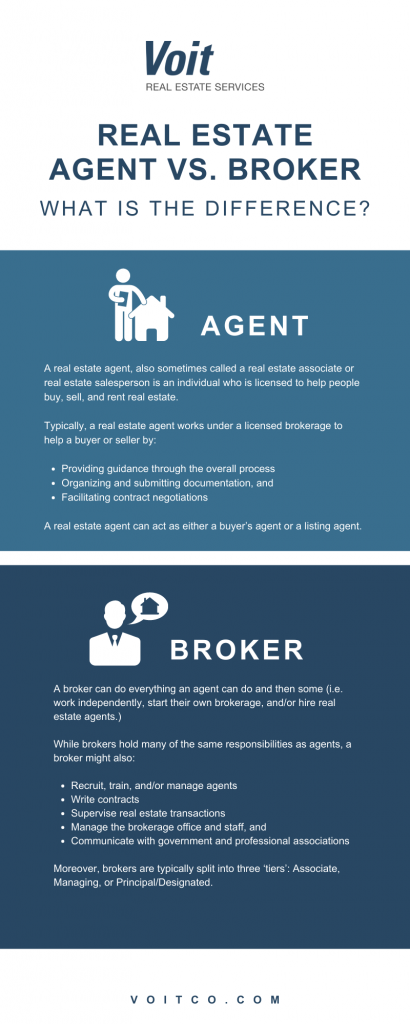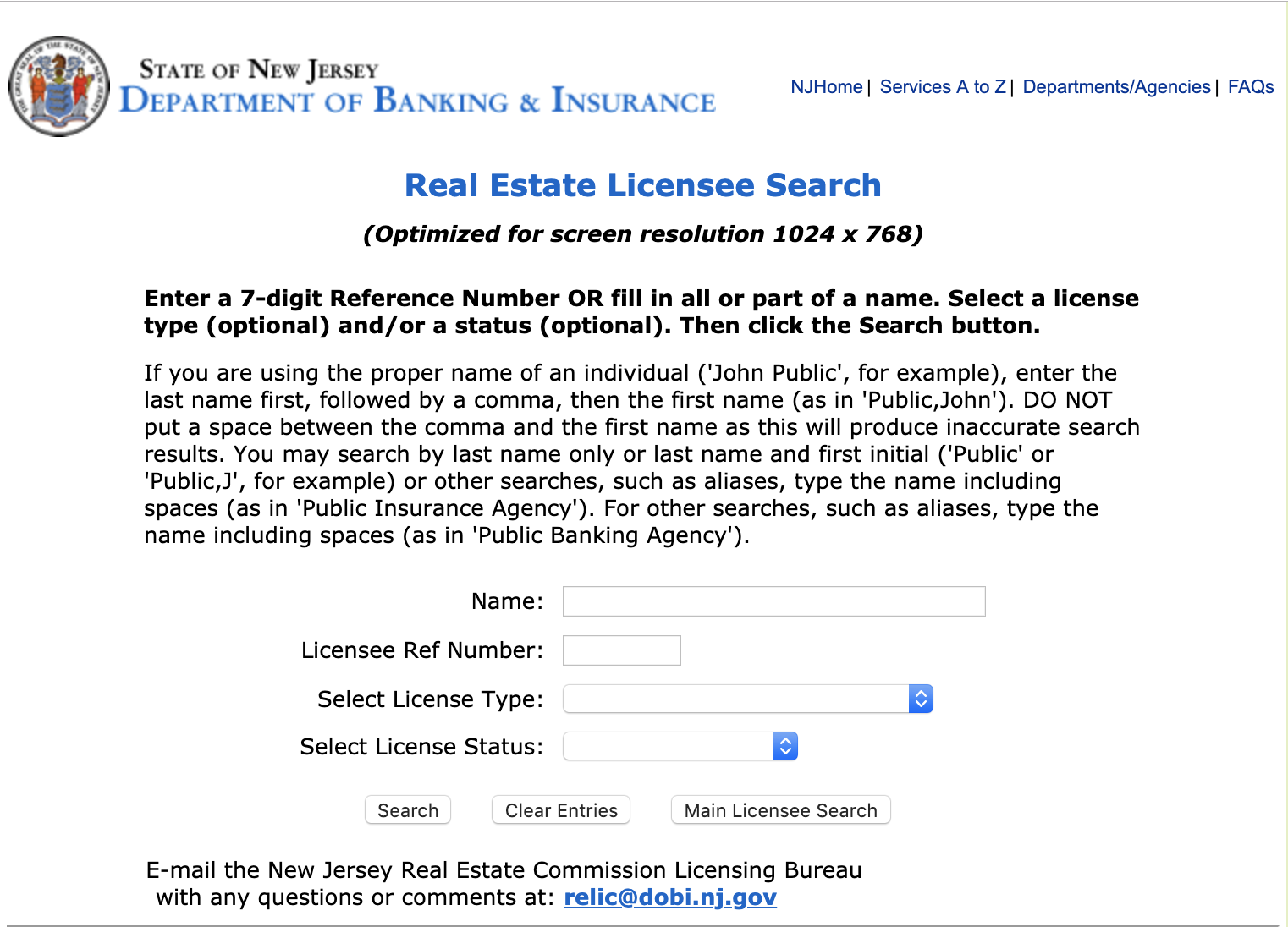
Real estate commission is the money that realtors make for helping their clients buy or sell homes. It's a major source of income for most agents and is an important part of the industry. It can be confusing to understand the real estate commission and what they are paid.
What is the average commission a realtor makes in vain?
They earn their commissions through the sale or purchase of real estate. However, the amount they make depends on which market they are in. They also have to pay taxes on their income.
How are real estate commissions split?
Virginia real estate commissions are split between buyers' agents and listing agents. The percentage they list of the home's sale price is typically the basis for the listing agent's commission.
If the home was sold at $424,000 the listing agent would get $24,000 in commission and the buyer's agents would get $36,000.

Are Real Estate Commissions Negotiable?
Yes. You can negotiate with your agent to lower the commission rate. The National Association of Realtors has a code of conduct that encourages real estate agents to negotiate with sellers.
Are Virginia Realtor Fees Different From Other States?
Virginia's realty fees are relatively standard. A typical commission for a realty agent will be 5% to 6% of the home's sale price.
Are Virginia Realtors the Best?
The average real estate commission is similar to that of the national average. However, it can vary depending where you live. In high-priced places, homes tend to attract higher rates than those located in low-priced locales.
Are Virginia Realtors Reliable?
Although most Virginia real estate agents are trustworthy, you should still do your research before you hire one. Make sure you read reviews on websites such as Yelp and Angie's List in order to verify that the realtor you are considering is trustworthy.
Are Virginia Realtors able to offer a commission on the purchase of new homes?
New homes are usually not available in a commissionable marketplace. Because the price of new homes tends to be lower than for existing home sales, it is not a commissionable market. This allows the realtor to charge slightly less commission, but still make a lot of money.

Are Real Estate Agents Licensed?
Many states require that realtors have a license in order to operate. Because they must adhere to the laws and regulations of their state, this is necessary.
Can a realtor get excessive commissions?
If you're thinking of becoming a real estate agent, it's important to know that the commission you receive for your services will be largely dependent on the home's price and the amount of effort that you put into marketing it.
What are the best ways of saving on real-estate commissions?
A full-service discount broker is the best way to cut down on real estate commission. These firms employ technology and team-based model service models to save homeowners money and cut down on costs. These discount brokers generally cost more than local full-service agent, but it can still be worth it if you are looking for a great deal.
FAQ
How can I determine if my home is worth it?
You may have an asking price too low because your home was not priced correctly. Your asking price should be well below the market value to ensure that there is enough interest in your property. To learn more about current market conditions, you can download our free Home Value Report.
What are the three most important things to consider when purchasing a house
The three main factors in any home purchase are location, price, size. It refers specifically to where you wish to live. Price refers the amount that you are willing and able to pay for the property. Size refers to the space that you need.
What's the time frame to get a loan approved?
It depends on many factors like credit score, income, type of loan, etc. It generally takes about 30 days to get your mortgage approved.
Statistics
- This seems to be a more popular trend as the U.S. Census Bureau reports the homeownership rate was around 65% last year. (fortunebuilders.com)
- The FHA sets its desirable debt-to-income ratio at 43%. (fortunebuilders.com)
- Based on your credit scores and other financial details, your lender offers you a 3.5% interest rate on loan. (investopedia.com)
- When it came to buying a home in 2015, experts predicted that mortgage rates would surpass five percent, yet interest rates remained below four percent. (fortunebuilders.com)
- It's possible to get approved for an FHA loan with a credit score as low as 580 and a down payment of 3.5% or a credit score as low as 500 and a 10% down payment.5 Specialty mortgage loans are loans that don't fit into the conventional or FHA loan categories. (investopedia.com)
External Links
How To
How to Manage a Property Rental
While renting your home can make you extra money, there are many things that you should think about before making the decision. These tips will help you manage your rental property and show you the things to consider before renting your home.
If you're considering renting out your home, here's everything you need to know to start.
-
What are the first things I should consider? Take a look at your financial situation before you decide whether you want to rent your house. If you are in debt, such as mortgage or credit card payments, it may be difficult to pay another person to live in your home while on vacation. You should also check your budget - if you don't have enough money to cover your monthly expenses (rent, utilities, insurance, etc. It may not be worth it.
-
How much does it cost to rent my home? There are many factors that go into the calculation of how much you can charge to let your home. These include factors such as location, size, condition, and season. Prices vary depending on where you live so it's important that you don't expect the same rates everywhere. Rightmove shows that the median market price for renting one-bedroom flats in London is approximately PS1,400 per months. This would translate into a total of PS2,800 per calendar year if you rented your entire home. That's not bad, but if you only wanted to let part of your home, you could probably earn significantly less.
-
Is it worth it. Although there are always risks involved in doing something new, if you can make extra money, why not? Before you sign anything, though, make sure you understand exactly what you're getting yourself into. It's not enough to be able to spend more time with your loved ones. You'll need to manage maintenance costs, repair and clean up the house. Before you sign up, make sure to thoroughly consider all of these points.
-
Are there any advantages? It's clear that renting out your home is expensive. But, you want to look at the potential benefits. There are plenty of reasons to rent out your home: you could use the money to pay off debt, invest in a holiday, save for a rainy day, or simply enjoy having a break from your everyday life. You will likely find it more enjoyable than working every day. If you plan well, renting could become a full-time occupation.
-
How do I find tenants? Once you've made the decision that you want your property to be rented out, you must advertise it correctly. Listing your property online through websites like Rightmove or Zoopla is a good place to start. Once potential tenants reach out to you, schedule an interview. This will help to assess their suitability for your home and confirm that they are financially stable.
-
What are the best ways to ensure that I am protected? If you are worried about your home being empty, it is important to make sure you have adequate protection against fire, theft, and damage. You will need insurance for your home. This can be done through your landlord directly or with an agent. Your landlord will likely require you to add them on as additional insured. This is to ensure that your property is covered for any damages you cause. However, this doesn't apply if you're living abroad or if your landlord isn't registered with UK insurers. In such cases you will need a registration with an international insurance.
-
If you work outside of your home, it might seem like you don't have enough money to spend hours looking for tenants. But it's crucial that you put your best foot forward when advertising your property. You should create a professional-looking website and post ads online, including in local newspapers and magazines. Additionally, you'll need to fill out an application and provide references. While some prefer to do all the work themselves, others hire professionals who can handle most of it. You'll need to be ready to answer questions during interviews.
-
What should I do after I have found my tenant? You will need to notify your tenant about any changes you make, such as changing moving dates, if you have a lease. Otherwise, you can negotiate the length of stay, deposit, and other details. It's important to remember that while you may get paid once the tenancy is complete, you still need to pay for things like utilities, so don't forget to factor this into your budget.
-
How do you collect the rent? When it comes time for you to collect your rent, check to see if the tenant has paid. You will need to remind your tenant of their obligations if they don't pay. You can subtract any outstanding rent payments before sending them a final check. If you're having difficulty getting hold of your tenant you can always call police. If there is a breach of contract they won't usually evict the tenant, but they can issue an arrest warrant.
-
How do I avoid problems? Renting out your house can make you a lot of money, but it's also important to stay safe. Install smoke alarms, carbon monoxide detectors, and security cameras. Make sure your neighbors have given you permission to leave your property unlocked overnight and that you have enough insurance. You must also make sure that strangers are not allowed to enter your house, even when they claim they're moving in the next door.